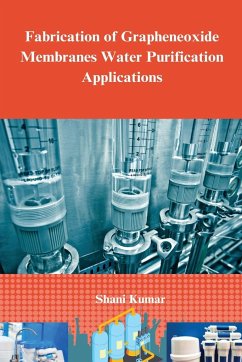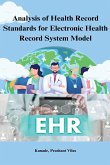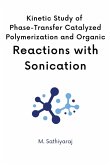Universal access to safe drinking water is a fundamental need and is considered a human right. Access to clean water is a stepping-stone to development. There is nothing more essential to life on earth than water. About 2/3rd (71 %) of the earth¿s surface is covered with water which is well distributed amongst oceans, rivers, lakes and glaciers. Of all these resources only 3% is available as portable or drinking water which supports the rhyme "Water- water everywhere nor any drop to drink" said the Ancient Mariner, Samuel Taylor Coleridge . Due to the increasing population and rapid industrialization, the shortage of clean water is becoming a worldwide crisis that cannot be ignored. According to the report given by the United Nations (UN) and World Health Organization (WHO) in 2017 [3], around 2.1 billion people out of a population, lack access to the clean drinking water supply at home and approximately 1.7 million people fall sick every year by diarrheal diseases due to unsafe water (World Health Organization, 2018 [4]). Though amazing progress has been made in making clean drinking water accessible to 2.6 billion people in developing countries from 1990 to 2015 there are still many opportunities to multiply the benefits of clean water through improved sanitation and hygiene education. Since 2000, around 1.6 billion people have gained access to basic drinking water services through piped water into the home or a protected dug well. In 2017, 785 million people still lack a basic water service and among them 144 million people still collected drinking water directly from rivers, lakes and other surface water sources. The data reveal pronounced disparities, with the poorest and those living in rural areas are at the last step of the ladder in having access to this fundamental necessity.







